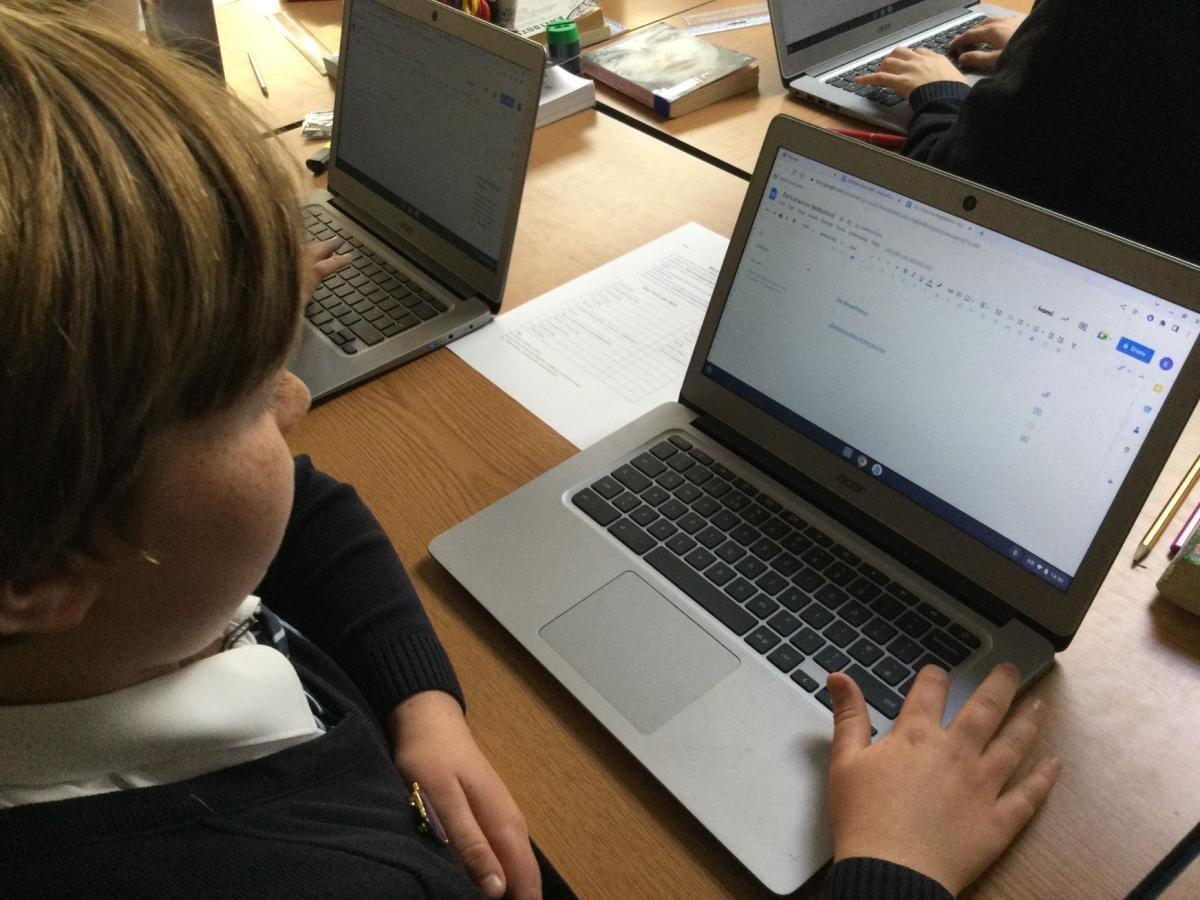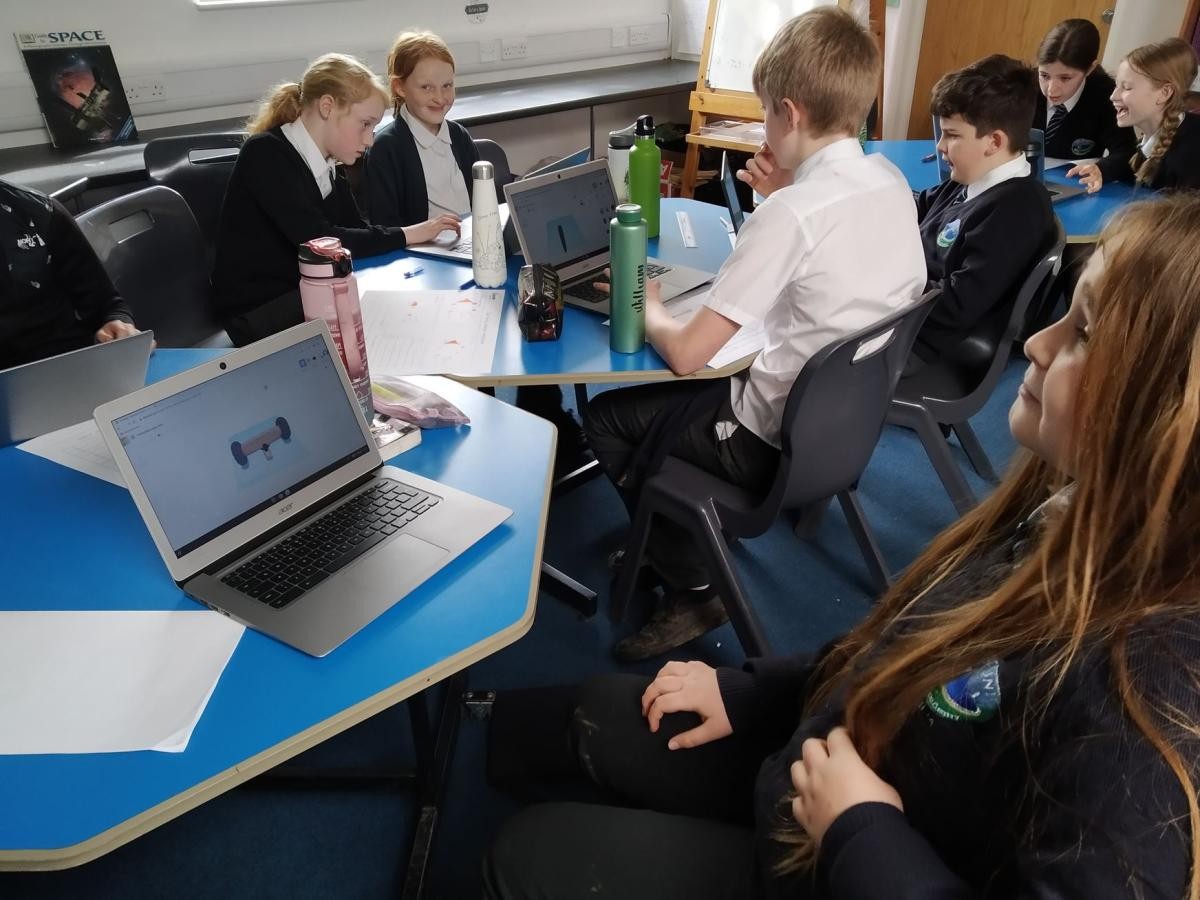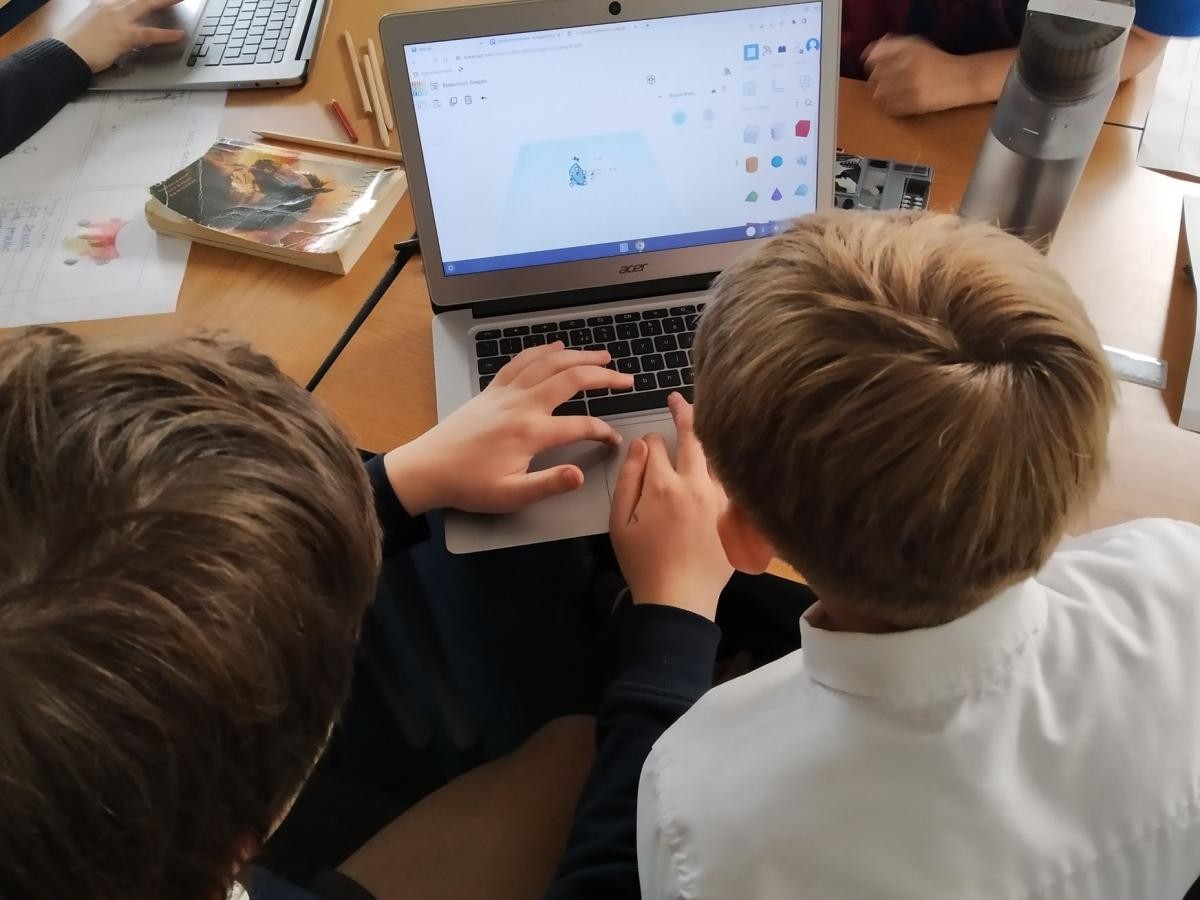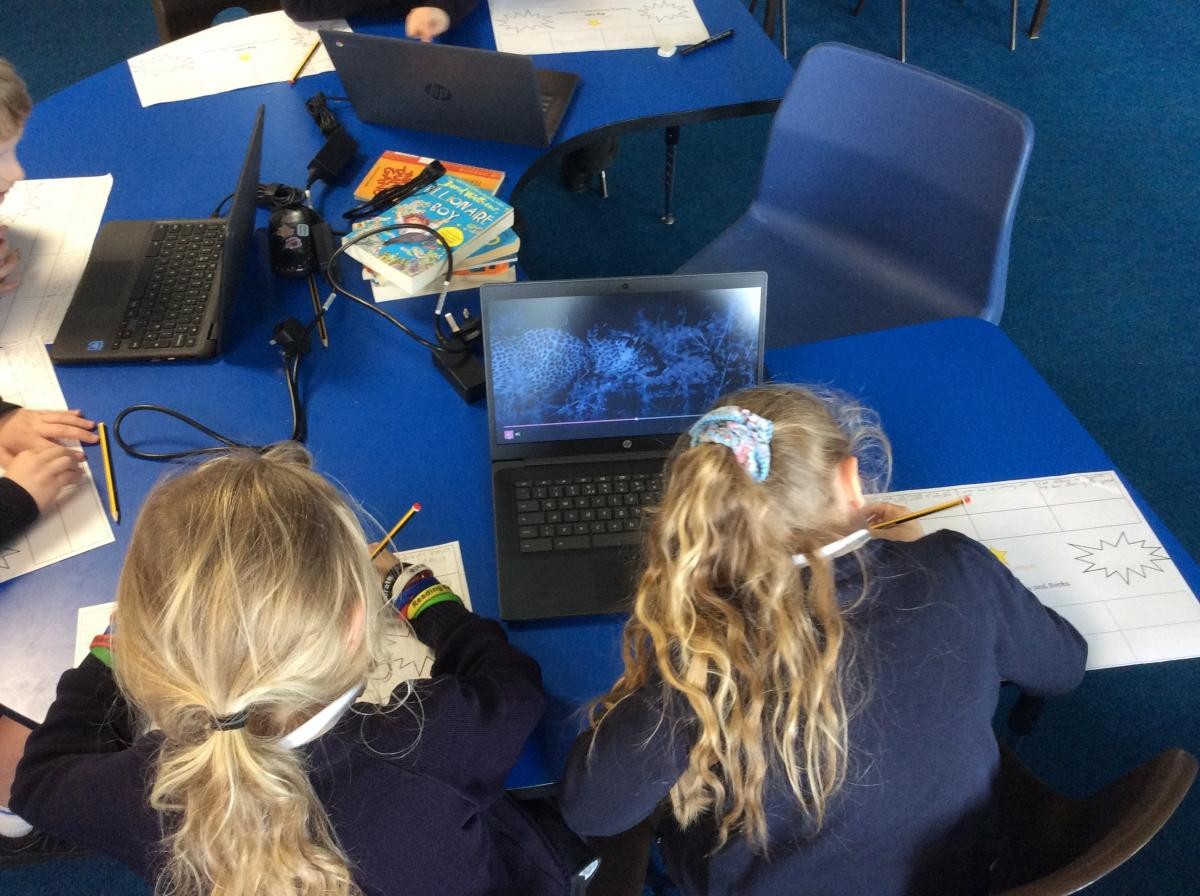Computing and ICT
Share this page
Intent
Technology is changing the lives of everyone. Through teaching Computing, we equip children to participate in a rapidly changing world where work and leisure activities are increasingly transformed by technology.
It is our intention to enable all children, including those with special educational needs, to find, explore, analyse, exchange and present information. We also focus on developing the skills necessary for children to use algorithms and develop their understanding of coding. We want children to have the confidence and knowledge needed to safeguard themselves online and demonstrate the importance of using technology safely. Our intent is for children to know more, remember more and understand more in computing so that they leave primary school computer literate.
E Safety
E-safety is an integral part of children’s education in today’s digital world and is embedded in their learning at St Uny Academy. We also want to help our parents and children improve their own understanding of e-safety issues so they can learn to use the internet and all digital media in a safe and secure way.
As part of your child’s curriculum and the development of computer skills, we provide access to the internet only in teacher supervised lessons. We strongly believe that the use of the web and email is hugely worthwhile and an essential tool for children as they grow up in the modern world. But because there are always concerns about children having access to undesirable materials, we have taken positive steps to deal with this risk in school. Our school internet access provider operates a filtering system that restricts access to inappropriate materials.
To try and help parents with the fast moving and changing world of internet and social media we've suggested a few internet sites which are fantastic resources. They contain information on different types of social media and how to help keep children safe.




